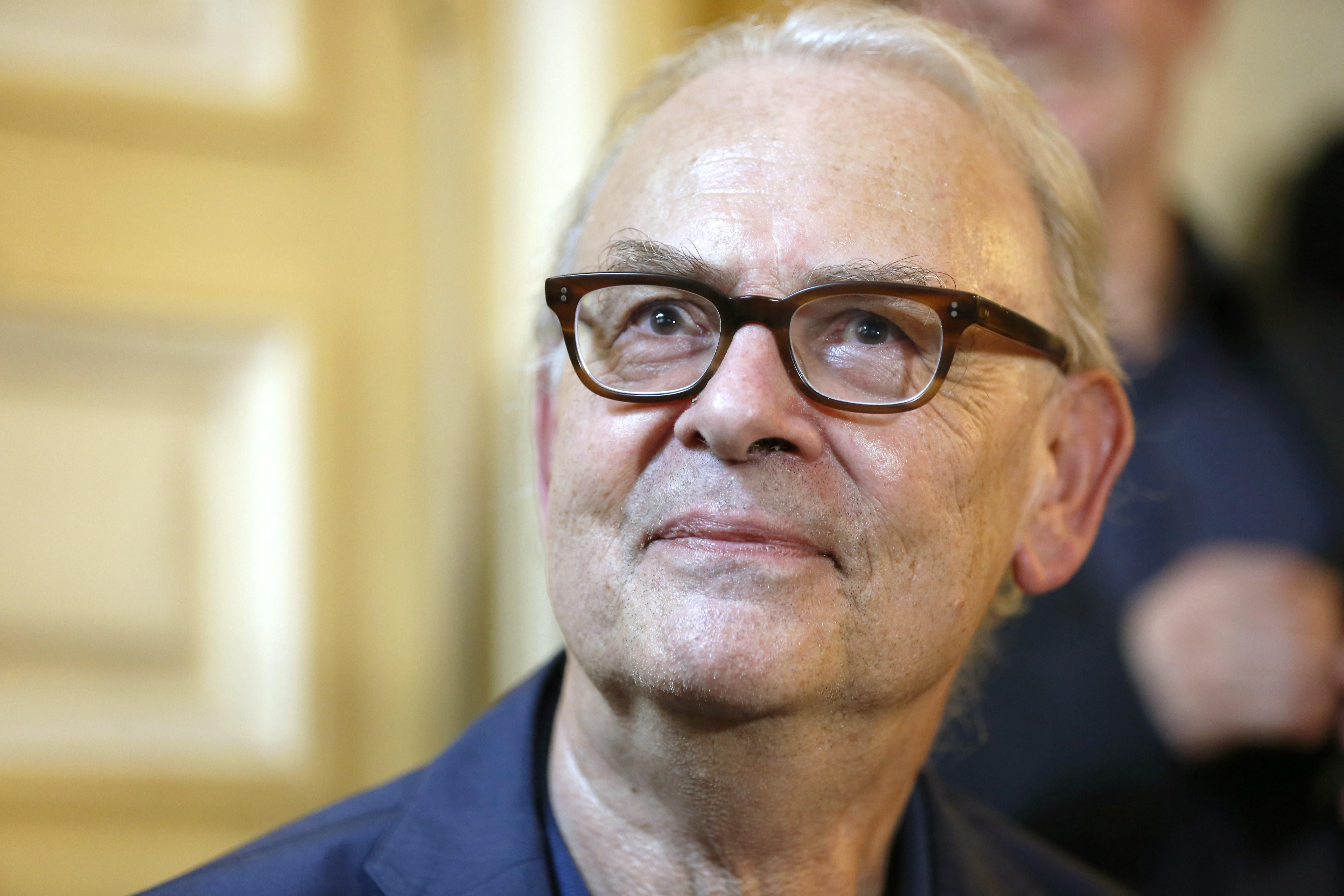You can imagine my surprise when I heard that Patrick Modiano, a writer whose work I got into totally by accident, had won the Nobel Prize in Literature. I think I must have picked up a copy of Missing Person in the secondhand section of the bookshop I once worked in, or maybe round at somebody’s house. Whatever the case, he’s pretty unknown among Anglophone readers—and that’s not unusual for the Nobel: For every Orhan Pamuk, there’s an Odysseus Elytis; for every Gabriel García Márquez, a Vicente Aleixandre.
You might have experienced Modiano’s work without realizing it: He co-wrote the scripts for Louis Malle’s Lacombe, Lucien (1974) and Jean-Paul Rappeneau’s Bon Voyage (2003). But Modiano’s novels are worth reading as well: subtle, rhythmic, and hypnotic investigations into the self and its memory—the perfect thing for the mournful indoor months. A few of his best books are available in English translations, though not all are in print. They may very well skyrocket in price over the next few days, so grab them while you can.
Missing Person
In French, this book has the far better title Rue des Boutiques Obscures (1978). It is Modiano’s sixth novel and possibly his best. The premise is dismaying, I admit: An amnesiac detective named Guy Roland sets out to find … himself. But Missing Person is anything but hackneyed in its treatment of the way the past lives on both in the world outside and in our minds. Roland tries to reconstruct his old self using unreliable, fragmentary, evidence—photographs, scraps of paper, old newspapers—creating strange poetry as he goes: “An ash-blonde. And who perhaps had played an important part in my life. I would have to study her photograph carefully. And, gradually, everything would come back.”
The Search Warrant
Like Missing Person, The Search Warrant (originally Dora Bruder, 1997) is about the hunt for a lost person, someone who went missing long ago. In this story, that person is a girl who ran away from the convent that had sheltered her during the Occupation. Modiano’s earliest works were a trilogy made up of La Place de l’Étoile (1968), La Ronde de Nuit (1969), and Les Boulevardes de ceinture (1972), all set during the Occupation itself. His subsequent novels moved on historically, but kept the same themes and references. Jewishness, the memory of war, and hard-kept secrets color Modiano’s entire oeuvre. The Search Warrant is no different. You can read an excerpt at the Telegraph’s website.
Out of the Dark
Again, a first-person narrator looks deep into the past to remember an old story. In Out of the Dark (Modiano’s 14th novel, originally titled Du Plus Loin de l’Oubli), the hero recalls a friendship with a strange, roulette-loving couple. Of course, he fell in love with the woman, Jacqueline, and, of course, she briefly loved and then left him. Years later, they meet again. Can we ever get back to the past, Modiano asks, or is love no match for time?
Previously
Where Do I Start With Haruki Murakami?
Where Do I Start with Tomas Tranströmer?
